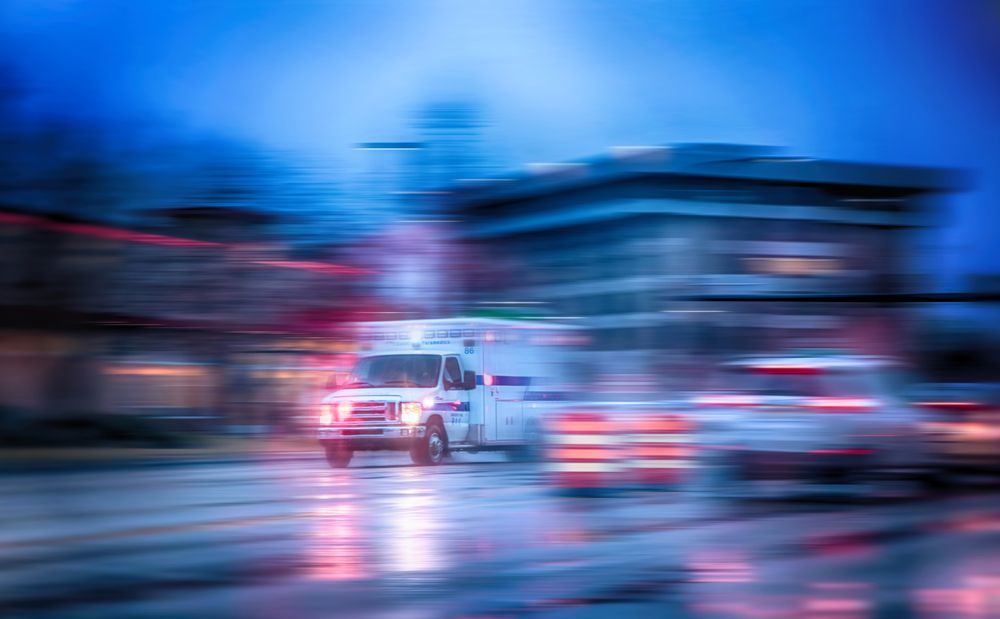Paying Medical Bills after a Car Accident: What to Expect
 When someone is injured in a car accident, liable parties are typically responsible for covering the costs of medical treatment for accident injuries. However, Florida is a no-fault insurance state, which makes things a little different. In a no-fault state, drivers carry Personal Injury Protection (PIP) insurance to cover personal losses from a car accident, including medical bills.
When someone is injured in a car accident, liable parties are typically responsible for covering the costs of medical treatment for accident injuries. However, Florida is a no-fault insurance state, which makes things a little different. In a no-fault state, drivers carry Personal Injury Protection (PIP) insurance to cover personal losses from a car accident, including medical bills.
Here, car accident lawyers at Moody Law help drivers in Lakeland, FL, Winter Haven, FL, and surrounding areas understand the process of paying medical bills after a car accident, how PIP coverage applies, and their options for minimizing out-of-pocket medical expenses.
Medical Expenses and PIP
Since Florida is a no-fault state, all drivers are required to carry a minimum amount of PIP insurance coverage. When drivers are in a car accident, they rely on their PIP coverage to cover losses such as medical expenses and lost wages, regardless of if another person or party was at-fault for the collision.
To ensure that PIP covers the cost of medical expenses, drivers must file a claim with their insurance provider as soon as possible following an accident. After a claim is filed, all treating medical professionals need to be given information regarding the PIP claim. It is also important to note that PIP will only pay medical bills if a driver seeks medical care within 14 days of their car accident.
If PIP coverage applies, medical providers can be paid directly from the patient’s insurance company. This saves accident victims from having to pay medical bills upfront and then seek reimbursement later. However, the big caveat is that PIP only covers the cost of 80 percent of “reasonable” medical expenses, making injury victims responsible for the remaining 20 percent.
Paying for Remaining Medical Bills
PIP should be the first party billed for medical expenses related to a car accident. After PIP pays their portion of medical expenses, the medical provider should submit remaining bills to the patient’s health insurance provider. The health insurer may request a letter stating that PIP coverage has been exhausted.
Can I Sue for Unpaid Medical Bills?
Sometimes, after PIP insurance and healthcare insurance has been exhausted, car accident victims still have remaining medical bills. Either because their bills extended beyond policy limits or because they required healthcare services not covered by insurance providers. If this is the case, Florida allows accident victims to sue liable parties for any bills that PIP does not pay, as long as it was the liable party’s recklessness that caused the injuries.
When a lawsuit is filed, injured parties should be prepared to pay any remaining medical bills out of pocket until the lawsuit is finalized or a settlement is reached. This is advisable because it prevents unpaid bills from being sent to collections. Furthermore, if a settlement is reached, any awards are paid directly to the plaintiff, rather than medical professionals, and it is then their responsibility to make sure the bills are paid.
Learn More
If you have been injured in a car accident and would like more information about paying medical bills or pursuing compensation for medical expenses, the car accident attorneys at Moody Law would be happy to answer any questions you may have. To get in touch, send us a message online or call our Lakeland law firm at (863) 284-9090.



